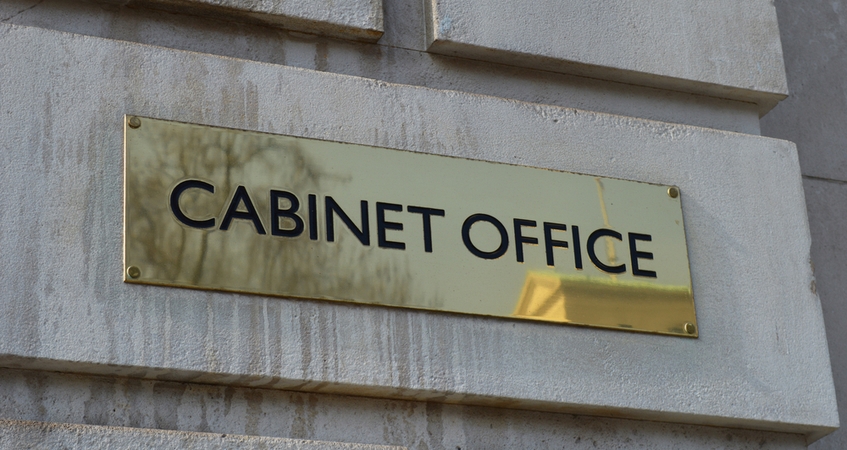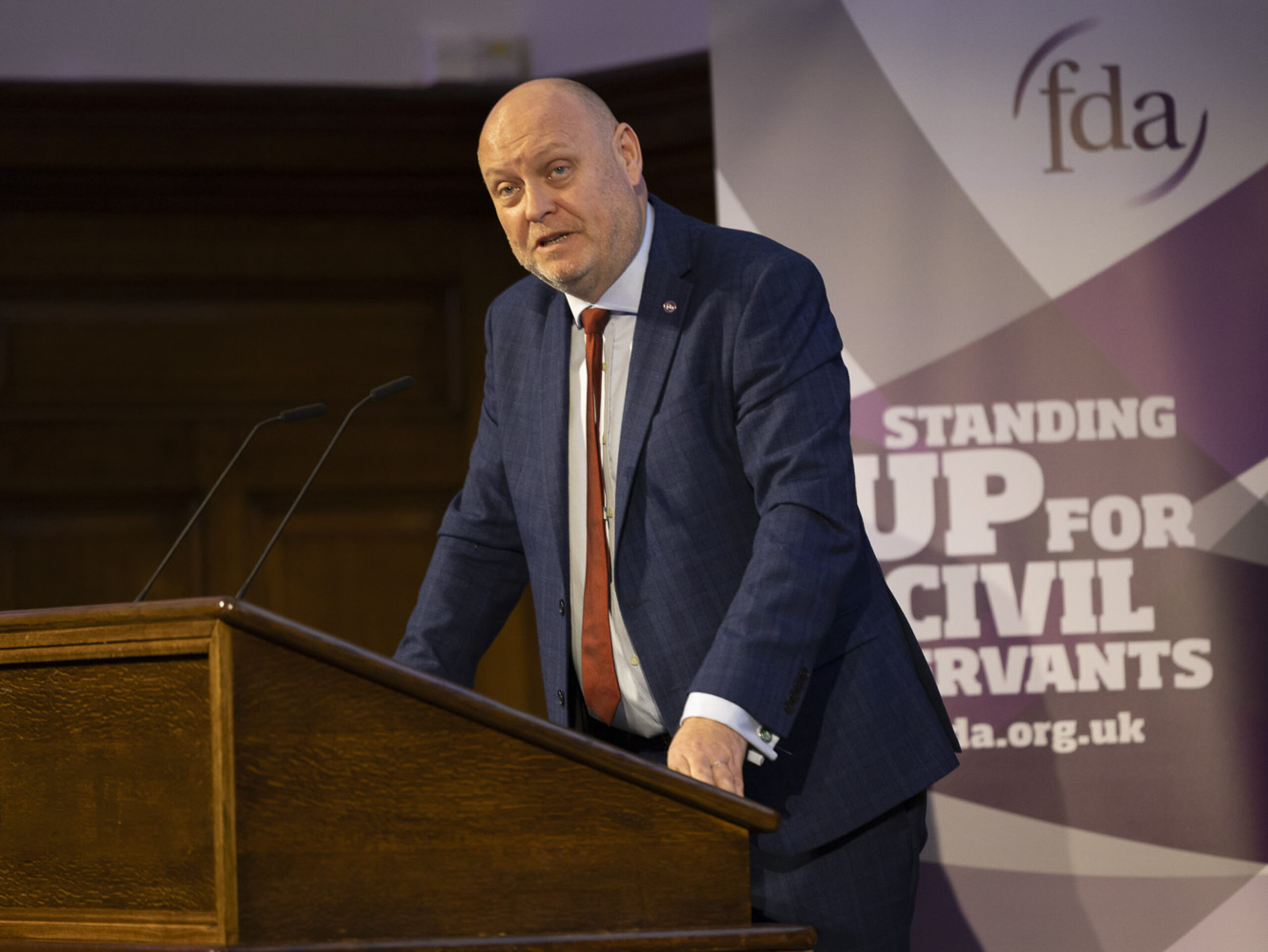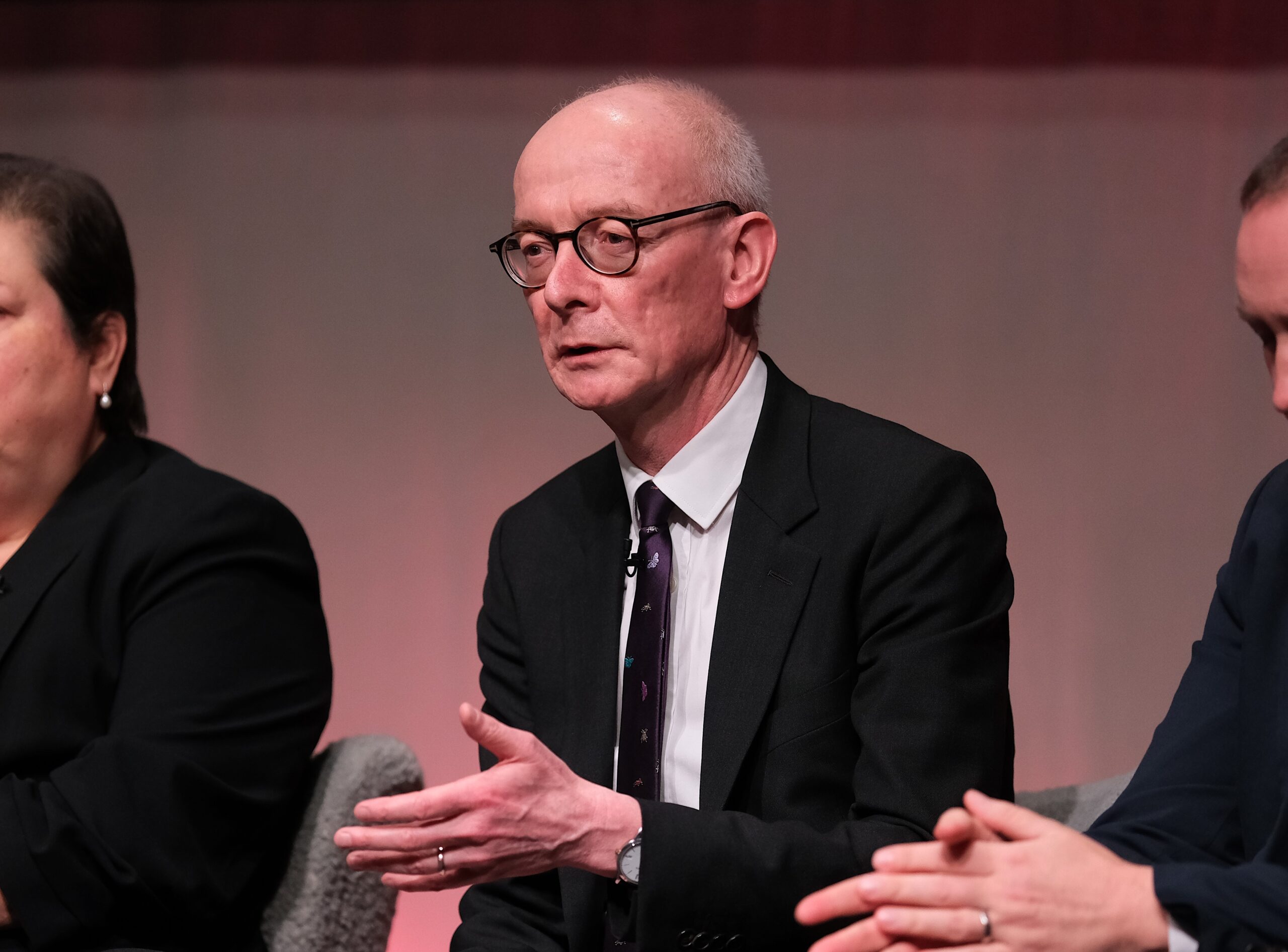‘Public sector pay awards not inflationary and reward package is not competitive’, says independent analysis
Alongside Prospect union, the FDA has commissioned Income Data Research (IDR) to conduct an independent economic analysis of the government’s economic evidence. This took place following a meeting in January where unions were invited to submit their thoughts on the government’s evidence to the Pay Review Bodies by Minster for the Cabinet Office, Jeremy Quin MP.
General Secretary of the FDA, Dave Penman, and General Secretary of Prospect, Mike Clancy, have now submitted the report to Quin and will also submit it as supplementary evidence to the Senior Salaries Review Body.
The report strongly rebuts the assertions in the Treasury’s evidence to Pay Review Bodies that pay awards in the public sector are inflationary and the total reward package is competitive with the private sector. It also concludes:
- Inflation cannot be caused directly by public sector wage rises and there is no evidence that this can occur indirectly. Wage rises follow inflation rather than the other way round.
- The impact of inflation on pay in real terms which, added to the earlier effects of austerity and government pay restraint, has been significant. For example, recent analysis by the Institute for Government shows that civil servants’ median salaries at each grade have reduced in real terms by between 12% and 23% since 2010.
- Private sector employers are adopting a variety of remuneration responses. Awarding pay rises worth 5% or more has become commonplace in 2022 and IDR have observed other pay approaches such as one-off payments, additional or interim pay rises and consolidated flat-rate amounts grow in popularity across the economy.
- The Treasury states: ‘there is a direct trade-off between recruiting more staff, investing in public services, and giving higher pay rises.’ This is incorrect. Public services are delivered by people so a pay rise represents investment in public services and public sector employers must have pay levels that allow them to recruit and retain enough staff to deliver public services. Such alleged ‘trade-offs’ are false economies in labour market terms.
The IDR’s report supports the FDA’s long-held assertion that the remit process for civil service pay is dysfunctional as it stands in opposition to other government workforce strategies and is therefore in dire need of reform. As Penman and Clancy’s letter states:
“For over a decade the government has continued with a policy of restraining the annual uplift to pay while freezing pay progression and this has had a devastating impact. We want to see a pay structure that rewards talent, knowledge and experience so that the civil service can recruit and retain skilled workers that can deliver our vital public services.”
Income Data Research Respon… by Tom
Related News
-

Civil service pay award demonstrates government has “failed to grasp the nettle of fundamental reform”
The government has published its Civil Service Pay Remit Guidance alongside a Written Ministerial Statement confirming the government’s decision to accept the recommendations of the SSRB.
-

ADC 2025: Penman says civil servants are “hungry for reform”
At the union’s Annual Delegate Conference delegates heard from guest speakers FDA General Secretary Dave Penman, journalist Lewis Goodall, and Cabinet Office minister Georgia Gould.
-

Government’s plans for civil service reform “lack substance”, says FDA
The FDA has criticised the government’s rhetoric surrounding the announcement of a series of civil service reforms – on performance-based pay, fast track exits for underperformers, and performance management – by Chancellor of the Duchy of Lancaster Pat McFadden.